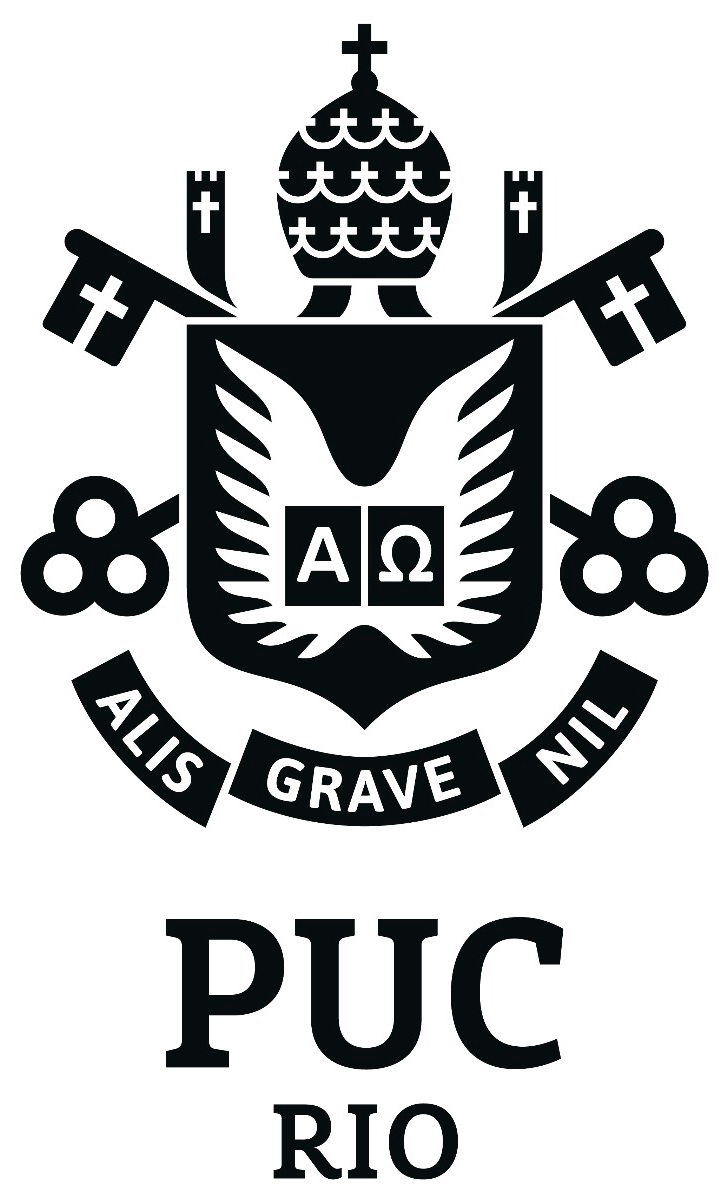Informal Labor and the Efficiency Cost of Social Programs: Evidence from the Brazilian Unemployment Insurance Program
American Economic Journal: Economic Policy, v. 13, p. 167-206, 2021
François Gerard, Gustavo Gonzaga.
Acesse o artigot is widely believed that the presence of a large informal sector increases the efficiency cost of social programs in developing countries. We evaluate such claims for the case of Unemployment Insurance (UI) by combining an optimal UI framework with comprehensive data from Brazil. Using quasi-experimental variation in potential UI duration, we find clear evidence for the usual moral hazard problem that UI reduces incentives to return to a formal job. Yet, the associated efficiency cost is lower than in the U.S., and is lower in labor markets with higher informality within Brazil. This is because formal reemployment rates are lower to begin with where informality is higher, so that a larger share of workers would draw UI benefits absent any moral hazard. In sum, efficiency concerns may actually become more relevant as an economy formalizes.
Veja também
The Value of Health Insurance: A Household Job Search Approach ( a sair)
Journal of Labor Economics, 2025
Gabriela Conti, Renata Narita, Rita Ginja.
Targeting in Adaptive Networks
Journal of Economic Theory, v. 228, 2025
Timo Hiller.
Tradeoffs and synergies for agriculture and environmental outcomes in the tropics (a sair)
Review of Environmental Economics and Policy, 2025
Fanny Moffette, Jennifer Alix-Garcia, Juliano Assunção, Prakash Mishra, Teevrat Garg.

